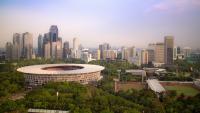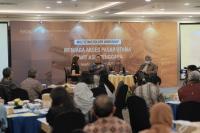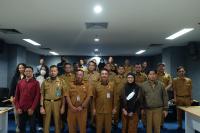Resources
758 Resources for
April 28, 2023
Safe and Sound Cities (S2Cities)
April 12, 2023
10 Big Findings from the 2023 IPCC Report on Climate Change
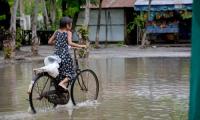
April 11, 2023
Women in the plastic economy, how to make it more equitable?
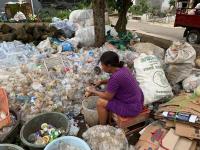
April 5, 2023
Preparing Against Hidden Hunger by Optimizing Local Food

March 30, 2023
Booklet Series: Systems Thinking for Sustainable Food System
February 9, 2023
Endowment Fund for Sustainability in West Papua, Indonesia

February 6, 2023
5 Reasons Cities Should Include Trees in Climate Action
